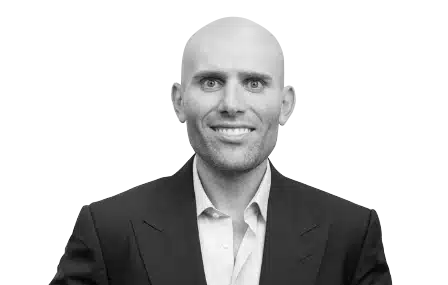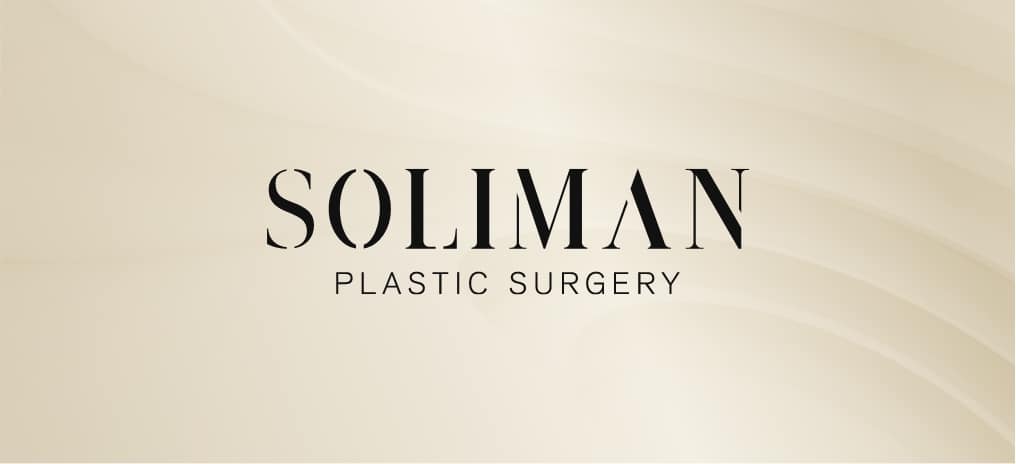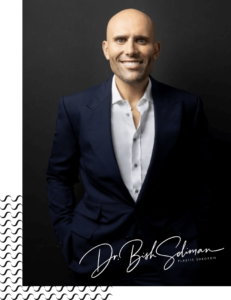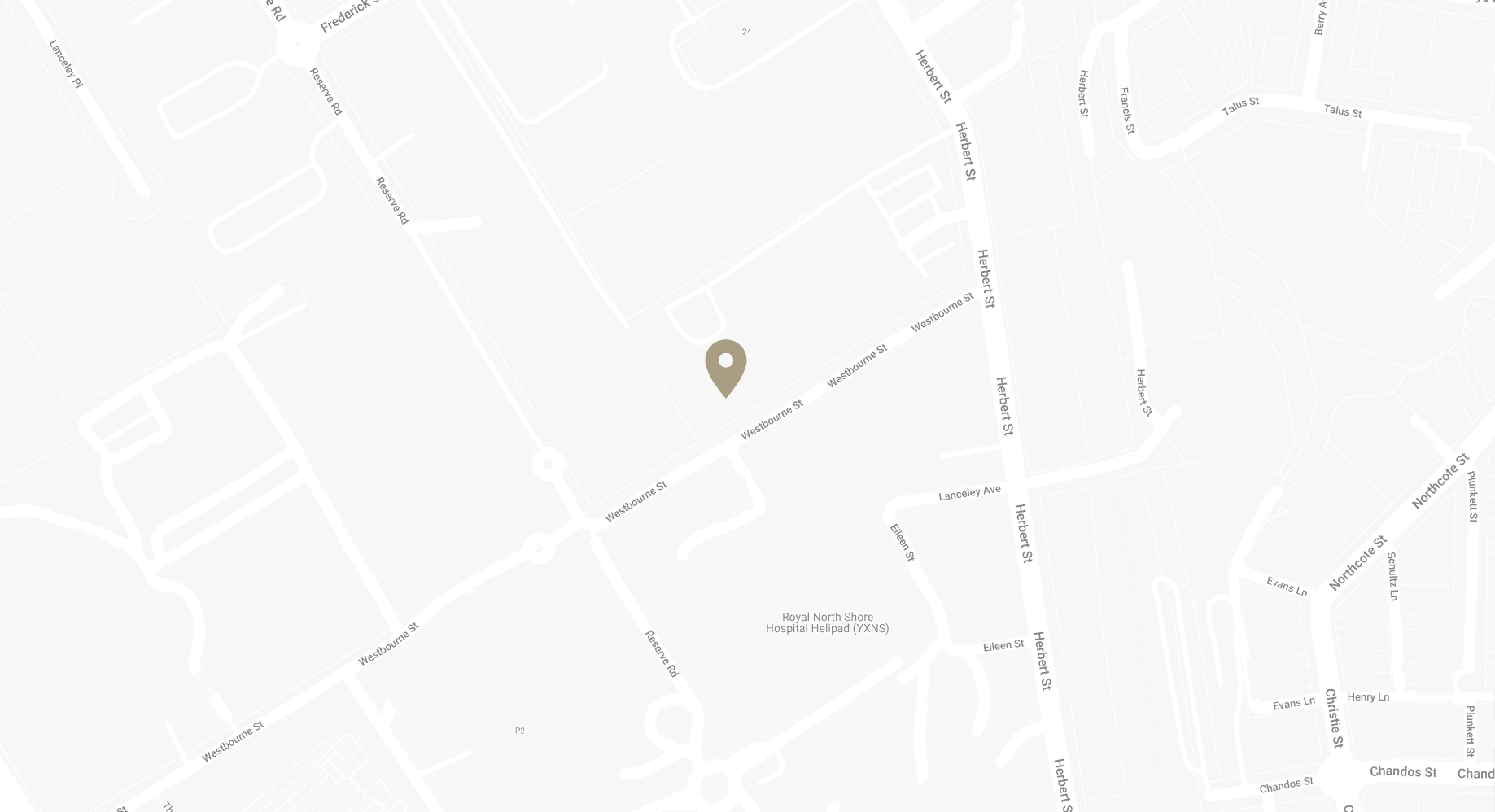What You Need to Know about the Consultation for Breast Reduction Surgery
Are you considering breast reduction surgery? If so, you’re not alone. Breast reduction surgery, also known as reduction mammoplasty, involves the removal of excess breast fat, glandular tissue, and skin to achieve a breast size in proportion with your body and to alleviate the discomfort associated with overly large breasts.
In this blog, Sydney Specialist Plastic Surgeon Dr Bish Soliman will guide you through everything you need to know about the consultation process for breast reduction surgery. From understanding why you might consider this procedure to what happens during your initial consultation, the goal is to prepare you for the procedure.
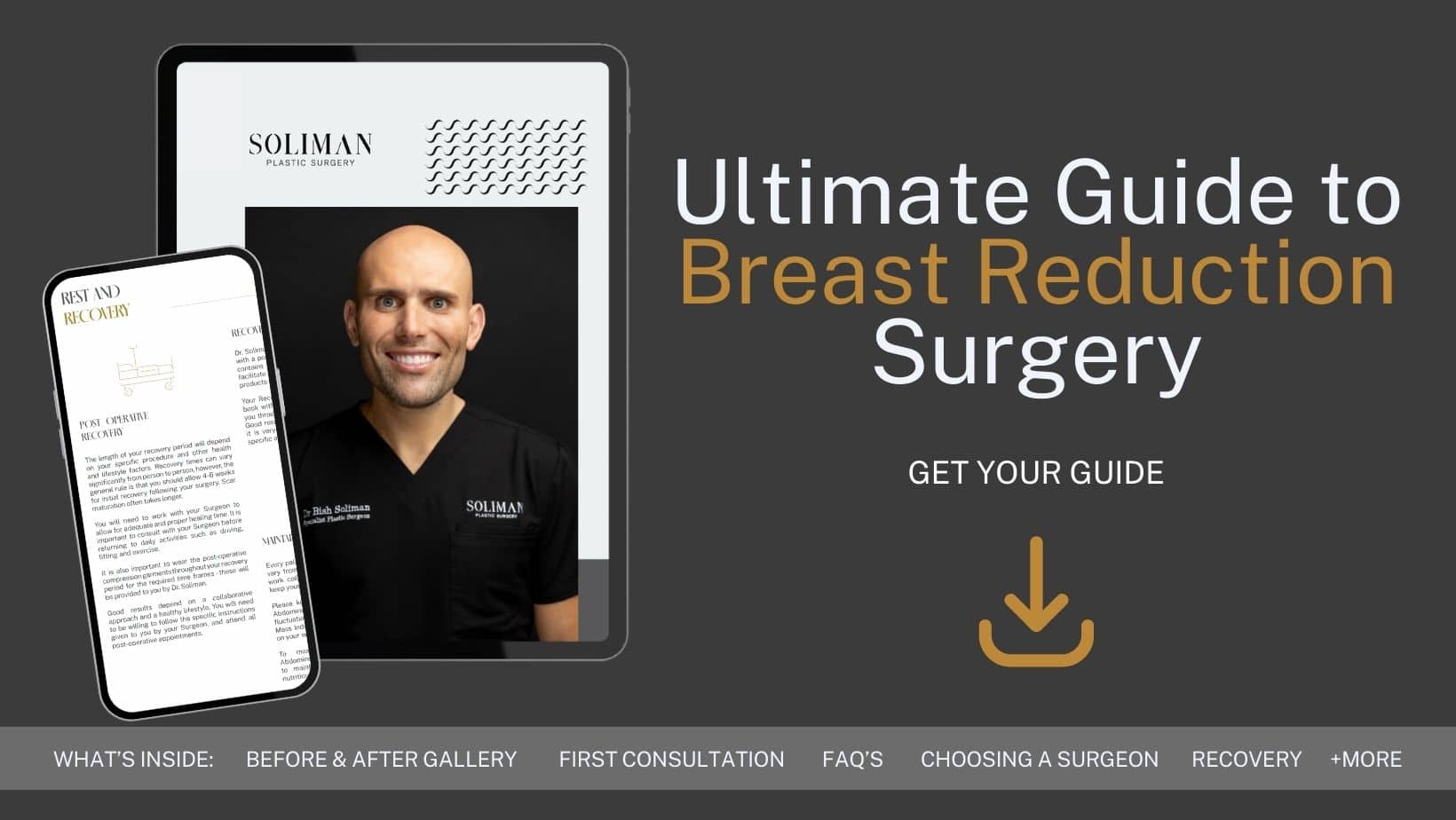
Why Consider Breast Reduction?
Breast reduction surgery could be an option for you if you’re experiencing physical discomfort due to the size of your breasts. Here are some reasons why breast reduction might be right for you:
- Physical Health Benefits: Large breasts can cause physical discomforts, such as back pain, neck pain, and skin irritation under the breast fold.
- Improved Proportions: Breast reduction surgery aims to align your breasts with the rest of your body proportions, leading to a more balanced appearance.
What to Expect During Your Consultation
Your first consultation with Dr Soliman is an essential step in your breast reduction journey. This appointment is not only about determining your suitability for the procedure but also ensuring that your health and expectations align with what surgery can realistically achieve. Here’s what to expect during your initial consultation:
- Understanding Your Goals: Dr Soliman will begin by discussing your reasons for wanting breast reduction surgery and what you hope to achieve. This conversation helps to ensure that your expectations are realistic and that the surgery can meet your goals.
- Medical History Review: It’s important that Dr Soliman understands your medical history, including any past surgeries, current medications, and any allergies or conditions that might affect surgery. Be prepared to provide detailed information during your consultation.
- Physical Examination: Dr Soliman will conduct a thorough physical examination of your breasts, taking measurements and perhaps photographs for your medical record (with your consent). This examination helps in planning the surgery and ensuring optimal results.
- Discussion of the Procedure: You will receive detailed information about how the surgery is performed, including the techniques that will be used, the type of anaesthesia, and what to expect during the recovery process.
- Risk and Benefits: Dr Soliman will discuss the potential risks and complications associated with breast reduction surgery. Understanding these is crucial as it helps you make an informed decision.
- Questions and Concerns: Finally, Dr Soliman will address any questions or concerns you might have. This is a great time to ask about anything from the surgical process to recovery practices.
To make the most out of your consultation, it’s advisable to come prepared with a list of questions and a clear idea of your desired outcomes. Additionally, bringing a summary of your medical history and any relevant documents can help expedite the process.
Evaluating Your Suitability for Surgery
Deciding whether breast reduction surgery is right for you involves careful evaluation of your physical health, medical history, and personal goals. During your consultation, Dr Soliman will assess several factors to determine if you are a suitable candidate for the procedure. This assessment is important not only for your safety but also to ensure that the results will meet your expectations. Here are some considerations:
- Overall Health: A good candidate for breast reduction surgery is generally in good physical health and at a stable weight. Certain conditions like diabetes or heart problems may complicate surgery or recovery, so it’s vital these are managed appropriately before proceeding.
- Age and Breast Development: It’s usually recommended that your breasts be fully developed before considering surgery. However, exceptions can be made in cases where large breasts are causing significant physical discomfort.
- Smoking: Smokers are at a higher risk of complications during and after surgery. If you smoke, Dr Soliman will likely advise you to quit well in advance of your surgery date.
- Expectations: Having realistic expectations about the outcomes of surgery is important. Dr Soliman will discuss what surgery can and cannot do for you to ensure your goals align with what can realistically be achieved.
Through a detailed consultation, Dr Soliman aims to ensure that every patient receives personalised advice and the best possible care. He believes that thorough pre-surgical evaluation is key to achieving successful outcomes.
Breast Reduction Procedure
Breast reduction surgery is a major procedure that involves several steps to remove excess breast tissue, fat, and skin, reshaping and lifting the remaining breast tissue. Dr Soliman employs surgical techniques tailored to each patient’s unique anatomy and aesthetic goals. Here is what you can expect regarding the surgical process:
- Techniques Used: The specific technique used during your breast reduction will depend on your individual case. Common methods include the ‘keyhole’ or ‘lollipop’ technique, which involves an incision around the areola and down to the breast fold, and the ‘anchor’ technique, which may be necessary for larger reductions and involves an additional horizontal incision along the breast fold.
- Anaesthesia: Breast reduction surgery is performed under general anaesthesia, meaning you will be asleep during the operation. Dr Soliman will provide detailed information about the anaesthesia process during your consultation.
- Duration of Surgery: The duration of the surgery can vary depending on the extent of the reduction but usually lasts between two to four hours.
- What Happens During Surgery: After the anaesthesia is administered, Dr Soliman will make the incisions, through which he will remove excess fat, glandular tissue, and skin. The nipple and areola are then repositioned to a more natural height, and the breast is reshaped. Drains may be placed to remove excess fluids, and the incisions are stitched closed.
Following the surgery, you will be taken to a recovery area where you will be closely monitored as you wake from anaesthesia. Dr Soliman and his team will provide post-operative care instructions and support to ensure a smooth recovery.
Risks and Considerations
As with any major surgery, breast reduction involves certain risks and potential complications. Dr Soliman believes in the importance of discussing these openly so that you can make an informed decision about undergoing the procedure. Here are some of the risks involved:
- Scarring: While surgical techniques aim to minimise visible scarring, all breast reduction surgeries will result in some permanent scars. Dr Soliman will discuss scar care and management, which can significantly influence their final appearance.
- Changes in Sensation: You may experience temporary or, in rare cases, permanent changes in breast or nipple sensation.
- Asymmetry: While Dr Soliman strives for symmetry, slight differences in size and shape between breasts are possible following surgery.
- Complications Related to Anaesthesia: Like all procedures involving general anaesthesia, there is a risk of adverse reactions, which although rare, can be serious.
- Other Risks: These include bleeding, infection, and complications related to wound healing. Detailed post-operative instructions will help mitigate these risks.
Dr Soliman will take time to discuss how these risks apply to you, based on your specific health profile and the extent of the procedure planned. He will also provide detailed information on how to prepare for surgery and recovery to reduce the likelihood of complications.
Planning for Recovery
Recovery from breast reduction surgery is a significant part of the journey and essential for achieving the best possible results. Dr Soliman and his team are dedicated to ensuring that you understand what to expect and how to prepare for the post-operative period. Here is a detailed guide on what your recovery may look like and tips for a smooth process:
- Immediate Post-Operative Period: After the surgery, you’ll spend a few hours in a recovery room under observation to ensure there are no immediate complications. Once you’re stable, you’ll be allowed to go home. It’s important that you arrange for someone to drive you home and stay with you for at least the first night.
- First Few Weeks: You will likely experience soreness, swelling, and bruising, which are normal. Dr Soliman will prescribe pain relief medications to help manage any discomfort. You’ll be instructed to wear a support bra to minimise swelling and support the breasts as they heal.
- Activity Restrictions: Heavy lifting and strenuous activities should be avoided for at least four to six weeks. Dr Soliman will advise when it’s safe to return to various types of activities, including work and exercise.
- Follow-up Appointments: You’ll have scheduled follow-ups with Dr Soliman to remove any drains and check on your healing. These appointments are critical to ensure that your recovery is progressing well and to monitor for any potential complications.
- Long-Term Care: Scarring can take up to a year to mature fully. During this time, you should follow Dr Soliman’s advice regarding scar management, which may include the use of silicone sheets or scar creams to help reduce the visibility of scars.
Cost and Insurance
Understanding the financial aspects of breast reduction surgery is as important as understanding the medical and physical components. Dr Soliman’s office is committed to providing transparent and complete information regarding costs and potential insurance coverage to help you plan effectively:
- Surgical Fees: These fees cover the cost of the surgery itself, including the surgical facility, anaesthesia, and surgeon’s fees. Dr Soliman’s office will provide a detailed breakdown of these costs.
- Additional Expenses: Additional costs may include post-surgery garments, medications, and any necessary medical supplies for recovery. It’s important to factor these into your overall budget.
- Insurance Coverage: In many cases, if breast reduction is performed to relieve medical symptoms such as back pain, it may be covered by Medicare.
How to Schedule Your Consultation
If you’re considering breast reduction surgery and would like to learn more about your options with Dr Soliman, scheduling a consultation is your first step. Here’s how you can make that appointment:
- Contact the Office: You can reach Dr Soliman’s office through phone or email.
- What to Bring: When you come for your consultation, it’s helpful to bring a list of any questions you have, as well as a full medical history and details of any previous surgeries. If you have them, bringing images of your desired outcome can also be helpful for discussion.
Dr Soliman understands that the decision to undergo breast reduction surgery is not made lightly, and he is dedicated to providing a consultation that answers all your questions and lays out a clear, personalised plan for your surgery.
FAQs about Consultation for Breast Reduction Surgery
How long does the initial consultation last?
- The initial consultation with Dr Soliman usually lasts between 45 minutes to one hour. This time allows you to discuss your medical history, aesthetic goals, and concerns in detail, as well as for Dr Soliman to conduct a physical examination and explain the procedure and recovery expectations thoroughly.
What should I do if I’m feeling anxious about discussing my concerns during the consultation?
- It’s completely normal to feel anxious about discussing personal concerns. Dr Soliman and his team strive to create a welcoming and comforting environment. If you’re feeling nervous, consider bringing a friend or family member for support. You can also write down your concerns and questions beforehand, ensuring that all your points are addressed during the consultation.
Are there any specific dietary or lifestyle changes I should make before the consultation?
- While there are no mandatory changes required before your consultation, leading a healthy lifestyle, maintaining a stable weight, and having a well-balanced diet can contribute positively to your surgery outcome and recovery. If you smoke, it’s advisable to quit as smoking can significantly affect your surgery results and recovery process.
What happens if I decide not to proceed with surgery after my consultation?
- Deciding not to proceed with surgery after your consultation is entirely your choice and there are no obligations.
Further Reading about Breast Reduction Surgery with Dr Bish Soliman
- Read Dr Bish Soliman’s Blog about Reducing Bruising after Breast Reduction
- Read Dr Bish Soliman’s Blog about Getting Back to Exercise After Breast Reduction Surgery
- Read Dr Bish Soliman’s Blog about How to Prepare for Breast Reduction Surgery
- Read Dr Bish Soliman’s Blog about FAQs about Breast Reduction (Reduction Mammaplasty)
- Read Dr Bish Soliman’s Blog about Medicare for Breast Reduction Surgery in Sydney
Medical References about Breast Reduction Surgery
- Breast Reduction | Cosmetic Surgery – Stanford Medicine
- The common principles of effective breast reduction techniques – Oxford Academic
- Breast Reduction – ASPS
- Health-Related Quality of Life and Clinical Outcomes
- Breast reduction surgery: Procedure, recovery, and risks – Medical News Today
